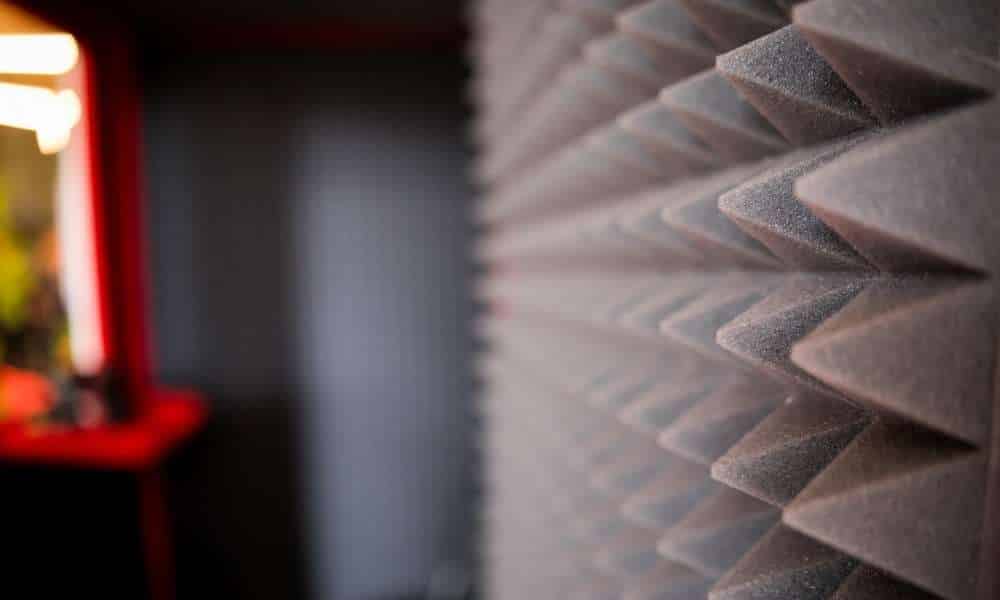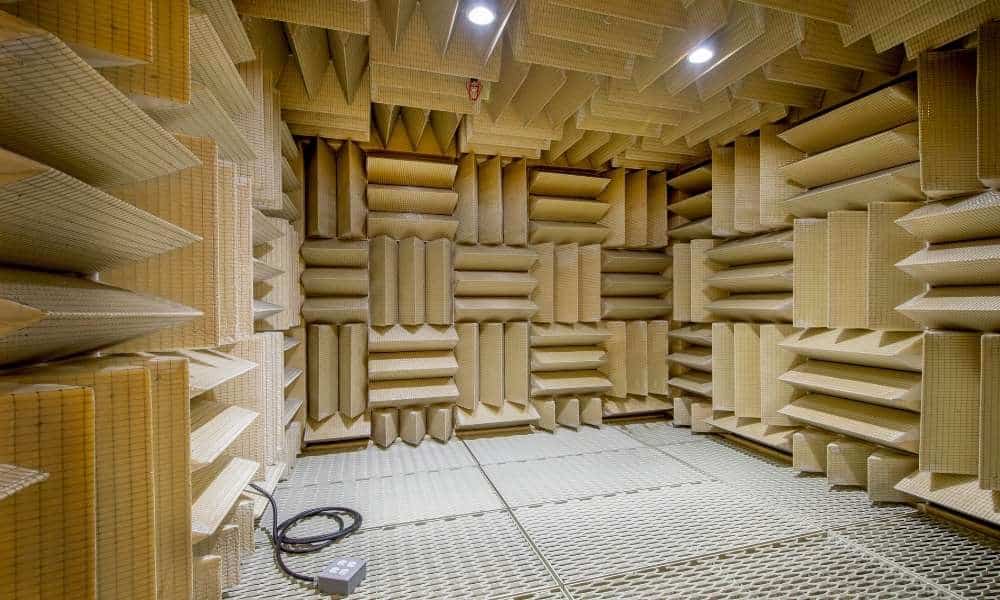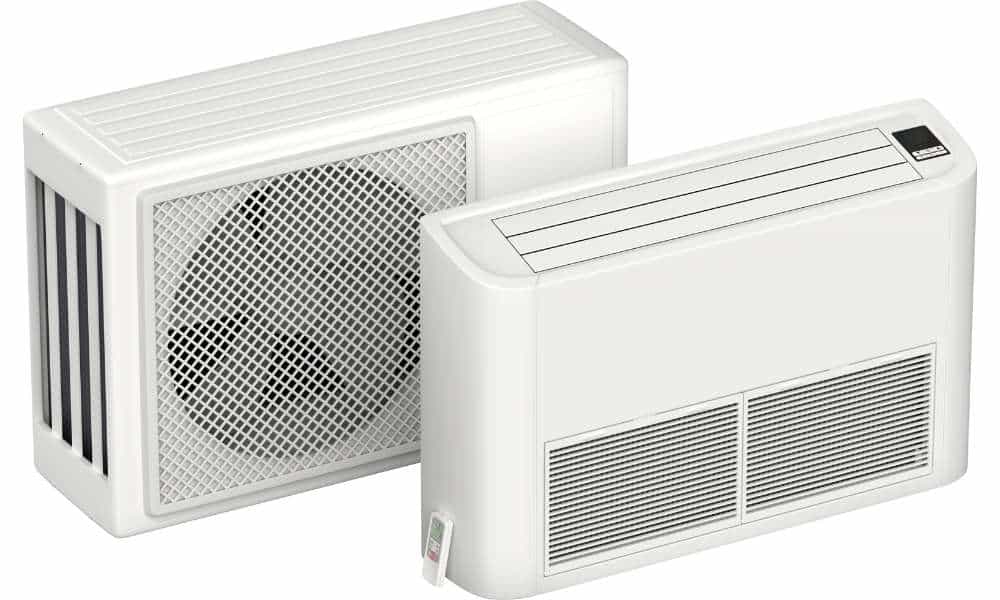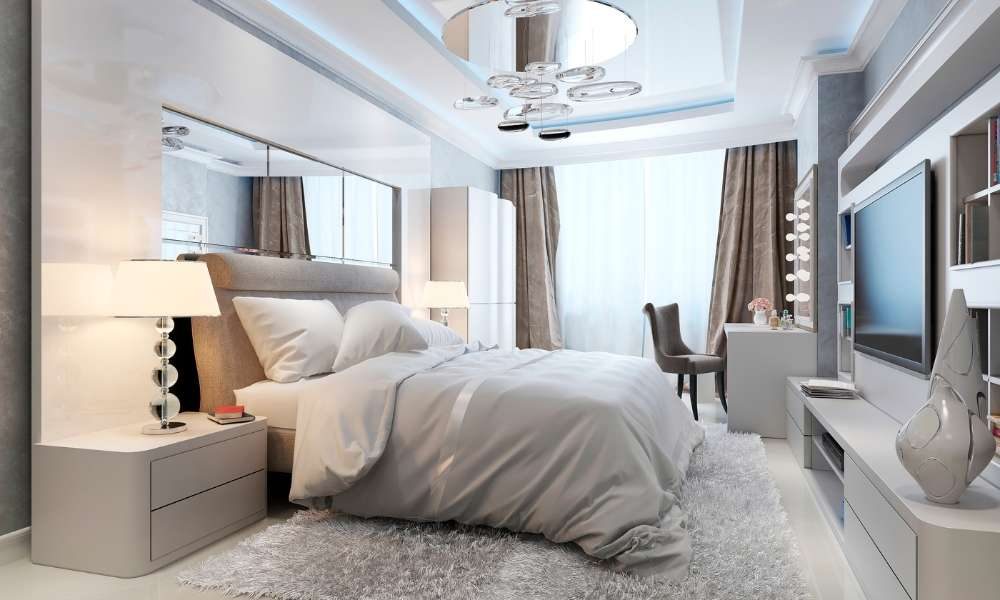Do you ever find yourself waking up in the middle of the night because of noise? Or do you wake up your spouse or partner because of the noise they make? If so, you might want to check out this article on how to soundproof a bedroom.
Soundproofing a room is a great way to get a quiet night’s sleep or to just get a little more rest during the day because the sounds of everyday life won’t disturb you.
You can soundproof a bedroom in different ways, from installing double doors to adding curtains to your windows. Keep reading to learn more about the different ways you can soundproof a bedroom.
Planning The Area To Soundproof A Bedroom
After you’ve added dead air to soundproof a bedroom, you can start thinking about the area itself to soundproof. How can you make the walls and floors in the bedroom more soundproof?
Here are some ideas: – Paint all of the walls in the bedroom a solid color. – Cover the floor with carpet in the bedroom. – Put double doors on both of the walls in the bedroom.
Choosing The Right Materials For Soundproofing A Bedroom

The type of material you choose for soundproofing a bedroom will depend on your budget, your available space, and the sounds you’re trying to reduce. You can soundproof a bedroom with a few different types of materials:
Vinyl – Vinyl is a very common material for soundproofing a bedroom. It’s affordable, easy to install, and doesn’t require painting the walls. However, if you’re looking for a more permanent solution, you might want to consider using acoustic wall panels. Acoustic panels are made of polyethylene and are available in a variety of thicknesses. They’re not as flexible as vinyl, so they can’t be easily moved or adjusted, but they’re more durable and won’t mildew.
They’re available in a variety of materials, including both sound and air-flow-only damping. A sound dampener will reduce the noise from outside the room, while an air-flow damper will help to keep noise contained within the room. Curtains – You can also use curtains to help reduce the sound from outside the room. If you live in an apartment or condo that has a noisy roof, you can use curtains to help block out some of the sounds.
Walls and Floors

First and foremost, you will want to soundproof your walls. Sounds will travel through walls, floors, and ceilings, so whatever you do, do not skimp on these areas. You can use soundproof materials such as fiberglass, or you can use soundproof membranes such as Styrofoam.
Another great way to soundproof walls and floors is by using decoupling rubber tiles. You can also install sound-absorbing tiles on the walls and floors of your bedroom.
Establish The Soundproofing Goals

Next, you will want to establish the soundproofing goals for your bedroom. What do you want to happen once the room is soundproof? Do you want to be able to put your headphones on and zone out to your favorite playlist or do you want to be able to hear your kids play in the next room? Think about the specific needs of your bedroom and set reasonable goals for yourself.
Wall-to-wall soundproofing
If you’re willing to sacrifice some of the glamorous looks of a full-blown bedroom set for the sake of soundproofing, then a wall-to-wall soundproofing solution is the way to go. The best wall-to-wall soundproofing products feature panels that sandwich together to form a soundproof wall.
The inside of the wall is usually filled with sound-reducing materials like fiberglass, cork, or vinyl. The outside of the wall is usually sound-transmitting.
This type of soundproofing is ideal for smaller spaces like bedrooms, studios, and bathrooms.
If you’re looking for a soundproof feature set that encompasses the full spectrum of soundproofing, scroll down to the bottom of this article.
Crown molding
Similar to wall-to-wall soundproofing, crown molding has its benefits. Crown molding is typically found on high-end furniture and is often made of wood. It’s also ideal for soundproofing a bedroom, as it accents the room’s structure and helps to reduce sound transmission.
Crown molding is typically invisible and doesn’t require drilling into the wall. However, it does require a little bit of woodworking. If you’re willing to take the extra step, you can order custom-made crown molding that will integrate seamlessly into the room’s decor.
Wall-mounted equipment

The most famous example of this is the refrigerator. A large and powerful refrigerator is capable of blocking out quite a bit of sound.
You can also consider purchasing a sound-dampening humidifier. These products are usually connected to a power source and are usually placed in the bedroom.
Squeaky door equipment
If you love to create soundscapes in your bedroom, then a squeaky door is probably the soundproofing solution for you. Squeaky doors are typically associated with nursery environments, but they can work just as well in an adult bedroom.
If you want to make your bedroom a more kid-friendly space, you can purchase a squeaky Doorbell that plays a calming sound when you push the button. This is a great option for new parents.
Soft noise equipment

If you have multiple kids or animals living in the house, it’s important to find a kid-friendly soundproofing option. There are plenty of lazy Boy or Girl-friendly soft noise machines on the market. However, if you have a baby on the way, you might want to look into purchasing a sound-canceling machine. This type of machine is capable of blocking out external noise and is often used in the birth process to help you relax.
Determine The Needs of the A Bedroom
After you’ve established the goals, it’s time to figure out the needs of the bedroom. You will want to start by thinking about the activities that occur in the bedroom. What do you do there regularly? Once you’ve identified the activities, you can consider the noise level of these activities.
Look for Good Noise Receivers
After you’ve identified the needs of the bedroom and the activities that take place there, you’ll want to look for good noise receivers. What items in the bedroom would love to be quiet?
Here are some items to look out for: – Items that make noise when people walk on them, like hard floors, carpets, and plants. – Items that make noise when they are moved, like bookcases, lamps, and pictures. – Items that absorb sound and vibrate when you touch them, like cushions and bed sheets. – Items that reflect sound, like walls and ceilings. – Uncluttered items that don’t have a lot of holes or openings. – Items that are not directly connected to the source of the noise, like your washing machine and dryer. – Items that are not directly affected by noise, like clocks, smartphones, and laptops. – Items that blend in with the room, like curtains, bed sheets, and decorative pillows.
Add Insulators To Soundproof A Bedroom
After you’ve identified the good noise receivers, you can add insulators to soundproof a bedroom. What are these? These are materials that reduce noise by blocking it out or absorbing it. Some common examples of insulators are: – Cloth or fabric – Foam – Acoustic tiles – Blankets or sheets – Curtains
Once you’ve added these soundproofing materials to a room, you may find that you don’t need to use as much soundproofing as you’d originally thought.
Add Sealers To Soundproof A Bedroom
After you’ve added insulators to soundproof a bedroom, you can add sealers to make the soundproofing permanent. What are these? These are materials that reduce sound by blocking it out or reflecting it. Some common examples of sealers are: – Caulk – Drywall mud or compound – Plaster
Add Dead Air To Soundproof A Bedroom
After you’ve added sealers to soundproof a bedroom, you can add dead air to make the soundproofing permanent. What is dead air? This is simply filling any holes or openings in the wall with the material.
Final Thought
Now that you’ve learned what you need to soundproof a bedroom, it’s time to get started! You can soundproof a bedroom in a variety of ways, from installing double doors to adding curtains to your windows. Once you’ve installed these soundproofing materials, you may find that you don’t need as much soundproofing as you’d originally thought.




